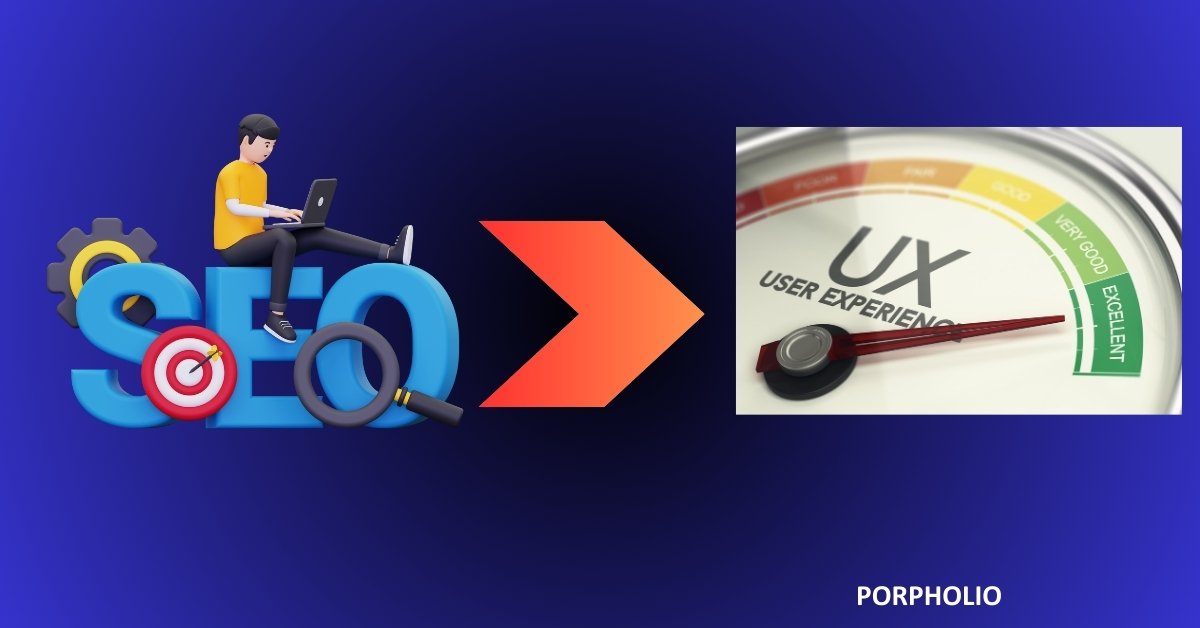
In the ever-evolving world of search engine optimization (SEO), staying ahead of the curve is crucial. One of the most transformative forces in SEO today is artificial intelligence (AI). AI’s integration into SEO strategies is revolutionizing how businesses approach their online presence, offering new tools and techniques to enhance visibility, user experience, and overall effectiveness. In this blog, we’ll explore the significant roles AI plays in modern SEO and how it can be harnessed to drive better results.
1. AI-Powered Keyword Research
Keyword research has always been a cornerstone of SEO, but AI has taken it to the next level. AI tools can analyze vast amounts of search data, identify patterns, and predict emerging trends with remarkable accuracy. Unlike traditional methods, AI-driven keyword research tools provide insights into user intent, long-tail keywords, and semantic variations that can significantly impact search rankings. This allows marketers to target more relevant keywords and refine their content strategies to meet evolving search behavior’s.
2. Content Creation and Optimization
Creating high-quality, relevant content is essential for SEO success. AI has become an invaluable asset in content creation and optimization by automating tasks such as content generation, topic research, and on-page SEO. AI-powered writing assistants can generate content that adheres to SEO best practices, while tools like natural language processing (NLP) help optimize content for readability and engagement. Additionally, AI can analyze top-ranking pages and suggest improvements to enhance content quality and relevance.
3. Personalized User Experience
User experience (UX) is a critical factor in SEO rankings, and AI is playing a pivotal role in personalizing it. AI algorithms can analyze user behavior, preferences, and interactions to deliver personalized content and recommendations. By leveraging AI to understand user intent and preferences, websites can provide a more engaging and relevant experience, which can lead to higher user satisfaction, longer dwell times, and improved search engine rankings.
4. SEO Analytics and Insights
AI-driven analytics tools offer deep insights into SEO performance and user behavior. These tools can identify trends, track key metrics, and provide actionable recommendations based on data analysis. For example, AI can detect anomalies in traffic patterns, predict potential issues, and suggest optimizations to improve performance. By leveraging these insights, businesses can make data-driven decisions to refine their SEO strategies and achieve better results.
5. Voice Search Optimization With the rise of voice-activated devices, optimizing for voice search has become increasingly important. AI plays a crucial role in understanding natural language queries and providing accurate responses. Voice search optimization involves focusing on conversational keywords, structured data, and featured snippets. AI helps in understanding the nuances of spoken language and tailoring content to match voice search queries, which can enhance visibility in voice search results.
6. Link Building and Outreach
Building high-quality backlinks remains a key component of SEO, and AI can streamline the link-building process. AI tools can identify authoritative websites, analyze link profiles, and suggest potential link-building opportunities. Additionally, AI-powered outreach tools can automate and personalize outreach efforts, making it easier to establish relationships with influencers and secure valuable backlinks.
Conclusion
AI is no longer a futuristic concept but a present-day reality that is reshaping the landscape of SEO. From advanced keyword research to personalized user experiences, AI offers numerous benefits that can enhance SEO strategies and drive better results. By embracing AI technologies and integrating them into their SEO efforts, businesses can stay competitive, adapt to changing search behaviors, and achieve long-term success in the digital world.
RELATED POSTS
View all



